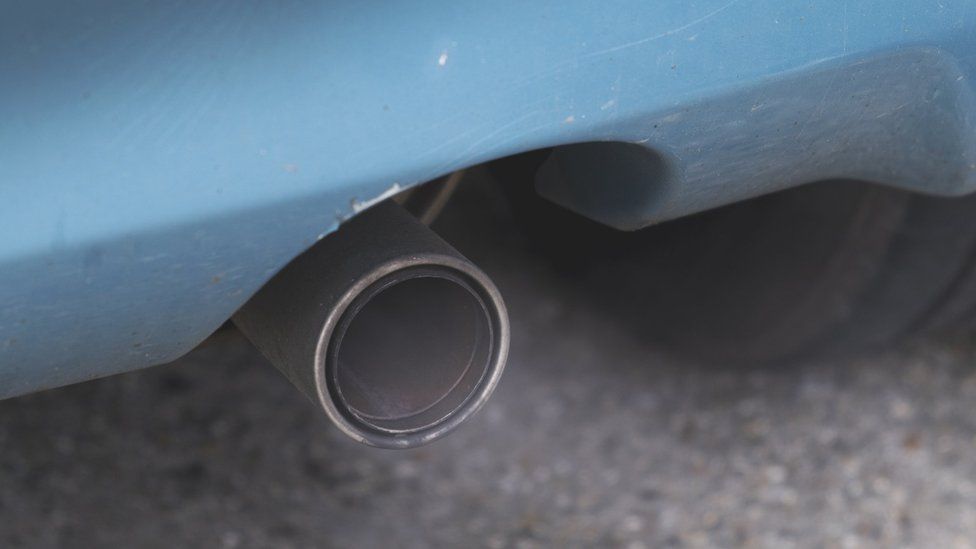ARTICLE AD BOX
 Image source, Getty Images
Image source, Getty Images
The report found clean air zones had reduced pollutants
By James W Kelly & PA Media
BBC News
The introduction of London's first clean air zone 15 years ago has significantly improved air quality, according to new analysis.
University of Bath academics have examined the launch of the low emission zone (Lez) in 2008 and ultra low emission zone (Ulez) from 2019.
They found the schemes have had health and economic benefits for the city.
However, they said solutions were needed to reduce the burden on poorer motorists.
The researchers said the introduction of the Lez helped to reduce particulate matter (PM10) in Greater London by 13% between 2008 and 2013, compared to between 2003 and 2007.
Nitrogen dioxide levels had also fallen by 18.4% in 2019 following the launch of Ulez in central London, compared to the period between 2016 and 2018, according to the analysis.
Image source, Getty Images
Image caption,Nitrogen dioxide were brought down by Ulez in central London, the report found
Cleaner air in London brought about by the low emission zone contributed to a 4.5% reduction in long-term health problems and an 8% decrease in respiratory issues like asthma and bronchitis, they said.
Researchers concluded the clean air zones had helped to generate cost savings of more than £963m in Greater London.
They said the analysis suggested the low emission zone avoided 12 respiratory hospital admissions and 2.88 acute respiratory hospital admissions per 10,000 people in Greater London, compared to other areas in England.
'Crucial for residents'
Lead author Dr Habtamu Beshir, from the University of Bath, said: "With this analysis, our goal was to offer an objective overview of the impact of low emission zones in the capital and beyond.
"Our study compares London to cities like Manchester, demonstrating the effectiveness of Lez and Ulez in improving air quality, enhancing health and alleviating the economic burden of ill health."
Professor Eleonora Fichera acknowledged concerns with compliance costs for owners of older vehicles, particularly affecting poorer communities.
"Our analysis confirms the effectiveness of low emission zones in improving air quality and health - crucial for residents in large cities," she said.
"It shouldn't be a choice between health and affording schemes like Ulez.
"We must explore innovative policy solutions to make these schemes viable and effective," she added.
Earlier this week, the Mayor of London, Sadiq Khan, said the controversial expansion of the ultra low emission zone had led to "cleaner air across London".
A Transport for London report showed the proportion of vehicles in the expanded area which comply with minimum emissions standards had risen from 85% in May 2022 to 95% in September.
Mr Khan extended the Ulez zone from everywhere within the North and South Circular roads to cover all London boroughs from 29 August .
Listen to the best of BBC Radio London on Sounds and follow BBC London on Facebook, X and Instagram. Send your story ideas to hello.bbclondon@bbc.co.uk
Related Internet Links
The BBC is not responsible for the content of external sites.

 1 year ago
22
1 year ago
22








 English (US) ·
English (US) ·